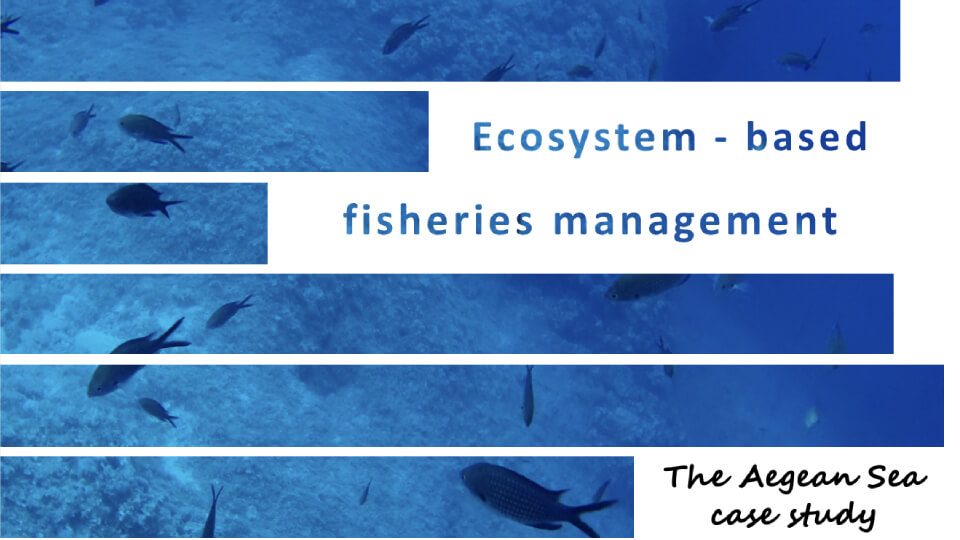What a great opportunity to resume in-person events and live talks by giving a seminar to the students and faculty of the Department of Fisheries Oceanography, School of Marine Science and Technology (SMAST) at UMass Dartmouth.
Within an hour, we explored the concept of more holistic ecosystem considerations to fisheries management facilitated by whole ecosystem models that can be used to test various hypothetical management scenarios. The presentation was followed by a stimulating discussion regarding
- the time frame needed for stock biomass to be rebuilt,
- the role and responsibility of fishers in overfishing,
- the challenges of managing stocks in transboundary regions like the Mediterranean Sea,
- the steps Greece has taken to comply to EU’s Common Fisheries Policy for ending overfishing and rebuilding stocks,
- the direct and indirect impacts among organisms in the food web quantified by Ecopath and Ecosim, and
- how biomass rebuilding can be translated into increasing catches and revenue for the fishers.
Below you can find a summary description of the talk, as well as a link to the live recording.
Shifting marine ecosystems call for holistic management strategies to minimize potential negative impacts of overfishing and other human-induced stressors on habitats and biodiversity, the economy and food security. EBFM requires that decision making should be based not only on the characteristics of particular commercial stocks, but on all components of the ecosystem. Consequently, a complete fisheries management view would require a combination of both conventional single-species approaches and a more holistic consideration of the ecosystem that takes into account the effects of multi-species interactions, environmental parameters and fishing practices. The Ecopath with Ecosim modeling suite has been a widely used tool in the context of EBFM to describe exploited marine food webs and perform temporal and spatial simulations to analyze the impact of fishing activities and environmental drivers on aquatic ecosystems. Single-species stock assessments have revealed the bad status and overexploitation of data-poor Greek stocks, results also corroborated by ecosystem model simulations. Model predictions have indicated that rebuilding of stock biomass is possible with a reduction in total fishing effort combined with the implementation of marine protected areas. Identifying and filling data gaps is needed to reduce uncertainty and increase model performance and predictive capacity, thus facilitating the progress towards such more holistic modeling and management approaches. Here, the basic concepts and terminology of EBFM will be discussed through the case study of the Aegean Sea, Greece, eastern Mediterranean Sea.
